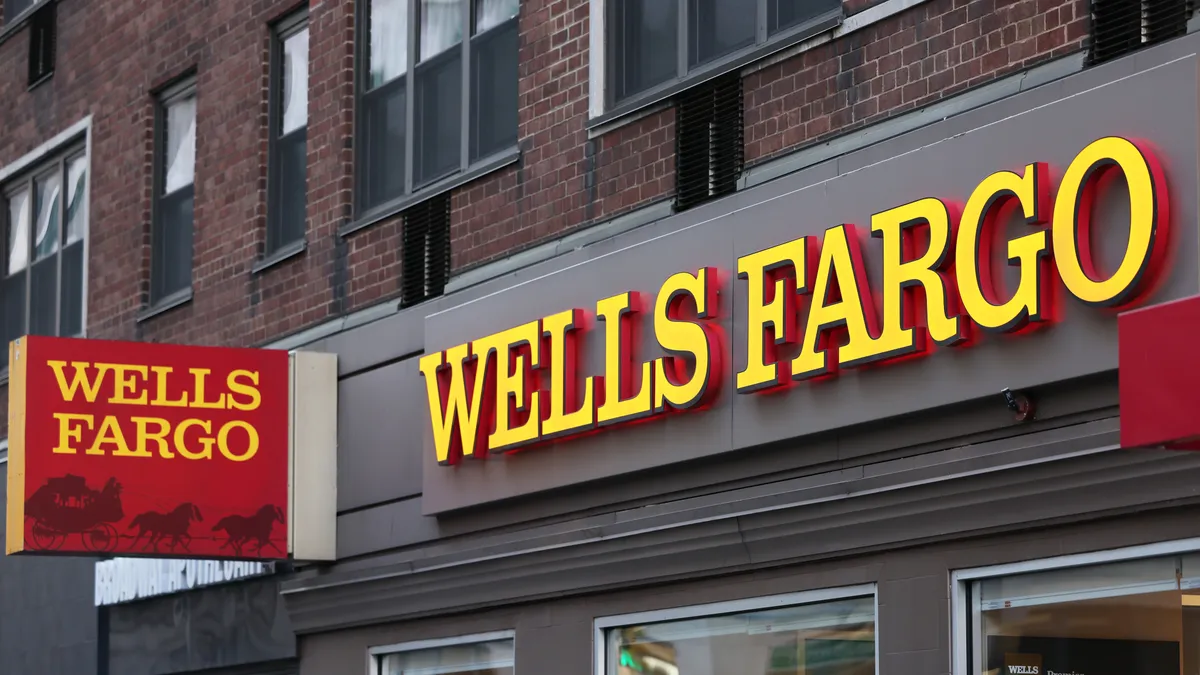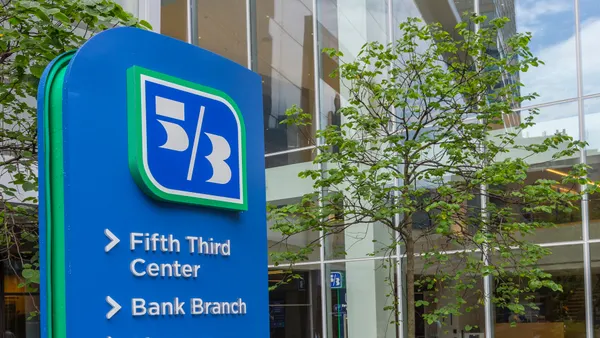Wells Fargo was hit with a new lawsuit Thursday alleging the bank did not do enough to reimburse customers affected by its 2016 fake-accounts scandal, Reuters reported.
The class-action lawsuit, filed in a San Francisco federal court by Amanda Gonzales, a schoolteacher from New Mexico, comes on the heels of Wells Fargo recently sending letters to customers urging them to contact the bank if they were unknowingly enrolled in unwanted products.
The proposed class action alleges the lender intentionally made the letters vague and confusing in the hopes that customers would discard them rather than realize they may have valid claims.
The complaint claimed Wells “relies on the inconspicuous and suspicious nature of the letter to depress claims rates, shifting the burden on the customer to take action to dispute an ‘enrollment’ that Wells Fargo knows to have been.”
Wells Fargo intends to “avoid, reduce and delay its ultimate liability and sweep under the rug its long-standing, intentional misconduct” by switching the burden on the customers, the complaint noted.
“We are still reviewing the claims in this lawsuit and can’t share specifics at this time,” Wells Fargo said in a statement to Banking Dive. “Wells Fargo is a different company today, with new people, structure, processes, controls, and culture in place, and we have placed heavy emphasis on remediating customers for past practices.”
The complaint seeks $5 million for recipients of the letter and alleges Wells violated the federal Fair Credit Reporting Act, as well as consumer protection laws in California and New Mexico.
Gonzales said in the complaint that her local branch representatives and other customer care staff couldn’t give her a clear answer when she asked about being enrolled in an insurance product covering accidental deaths, according to Reuters.
Wells Fargo offered Gonzales $200 to resolve her claim, her lawyer, Marc Dann, told Reuters.
The bank faces several enforcement actions connected to the scandal — most notably, a $1.95 trillion asset cap the Federal Reserve has kept in place for six years.
“It’s a high priority to get out from these enforcement orders,” Dann said. “In typical Wells Fargo fashion, they’re doing the minimum.”












